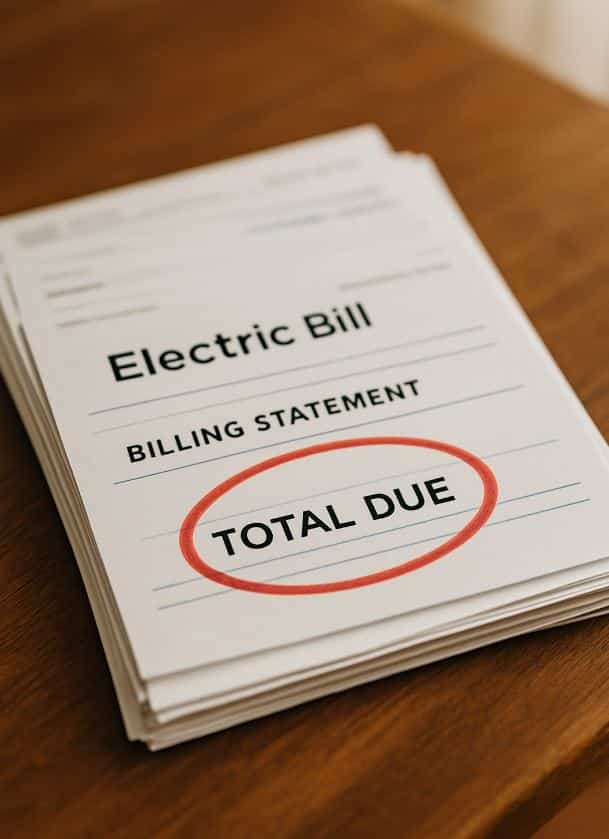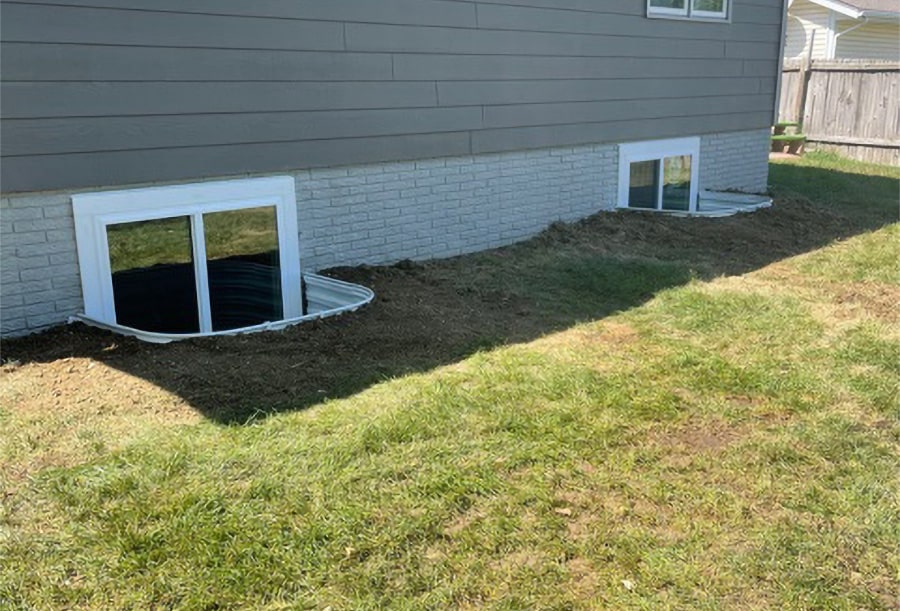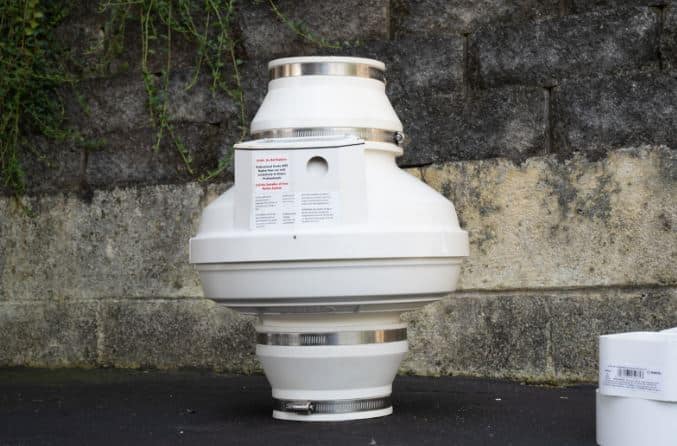
Is Your Basement Making Your Heating Bill Worse This Winter?
When the temperatures drop in Minnesota and the furnace kicks on, most homeowners expect their energy bills to rise a little, but if your heating costs have suddenly spiked, the problem may not be your HVAC system. In many homes across the Midwest, basements are a hidden source of energy loss. Whether it’s cold air leaking in through foundation cracks or warmth escaping through uninsulated walls, a poorly protected basement can quietly drive up your winter heating bill.
At SafeBasements, we help homeowners uncover the causes of energy loss and protect their homes with proven waterproofing, insulation, and encapsulation solutions. If your home is struggling to stay warm or your heating system is working overtime, it may be time to take a closer look at what’s happening below ground.
Why Basements Cause Energy Loss
Basements are naturally vulnerable to energy loss due to their position below ground and direct exposure to cold soil, moisture, and air leaks. But several key factors can make the problem worse during winter:
- Uninsulated Basement Walls
Many older homes were built with bare concrete basement walls that were never insulated. These walls absorb and transmit cold from the surrounding soil, pulling heat away from your home and forcing your heating system to work harder. - Air Leaks Around the Foundation
Gaps and cracks in the foundation, rim joists, or basement windows can let in cold outside air and allow warm air to escape. These leaks not only reduce energy efficiency, but they also increase drafts and create uneven temperatures between floors. - Moisture Intrusion
Damp basements feel colder and are harder to heat. Water intrusion, whether from groundwater seepage or condensation, adds humidity to the space, and humid air takes more energy to heat than dry air. Left unchecked, moisture can also damage insulation and reduce its effectiveness. - Poorly Sealed Crawl Spaces
If your home includes a crawl space, it can be a major source of energy loss. Open vents, thin vapor barriers, and exposed ground allow cold, damp air to enter the home and disrupt your overall thermal envelope.
How Basement Waterproofing and Encapsulation Reduce Energy Bills
Solving basement moisture and air leakage problems isn’t just about comfort—it can have a direct and lasting impact on your monthly heating costs. Here’s how the right solutions can help:
- Improved Insulation and Air Sealing
Basement waterproofing systems often include sealing foundation cracks, covering walls with insulated vapor barriers, and closing off air leaks around rim joists or penetrations. These steps help keep cold air out and warm air in, easing the burden on your HVAC system. - Moisture Control for Better Efficiency
By keeping water out and controlling humidity levels, waterproofing helps create a drier environment. Dry air is easier and less expensive to heat, making your system more efficient and reducing energy waste in winter. - Encapsulation for Crawl Spaces
Crawl space encapsulation involves sealing the space with a heavy-duty vapor barrier, insulating walls, and conditioning the air. This helps stabilize temperatures throughout the home and prevents the cold, damp air from seeping into living areas. - Protecting Insulation and HVAC Systems
Moisture can damage fiberglass insulation, reduce R-values, and cause mold growth. It can also lead to rust and corrosion in HVAC components. Waterproofing and encapsulation help protect these systems, extending their lifespan and maintaining performance.
Signs of Energy Loss and What to Do Next
If you’ve noticed a sharp rise in your winter heating bills that doesn’t match your thermostat settings or usage, your basement or crawl space could be to blame. Common warning signs include cold floors on the main level, persistent drafts, condensation on basement windows, or a damp, musty smell lingering in lower areas of the home. These issues often point to moisture intrusion or poor insulation, both of which compromise your home’s energy efficiency.
The good news is that these problems are fixable. A professional basement waterproofing or crawl space encapsulation system can restore your home’s thermal barrier, improve comfort, and help bring your heating bills back under control. If you’re unsure what’s happening beneath your home, now is the time to schedule a professional inspection. Identifying the source of the problem is the first step to lowering energy costs and creating a healthier, more stable indoor environment.
Schedule Your Free Energy Efficiency Inspection
Don’t let hidden basement or crawl space issues drive up your winter energy bills. At SafeBasements, we help homeowners stay warm, dry, and energy-efficient all season long. If you’re seeing signs of heat loss or moisture intrusion, schedule a free inspection today. Our team will evaluate your home and recommend the best long-term solution, so you can stop wasting energy and start saving money.




